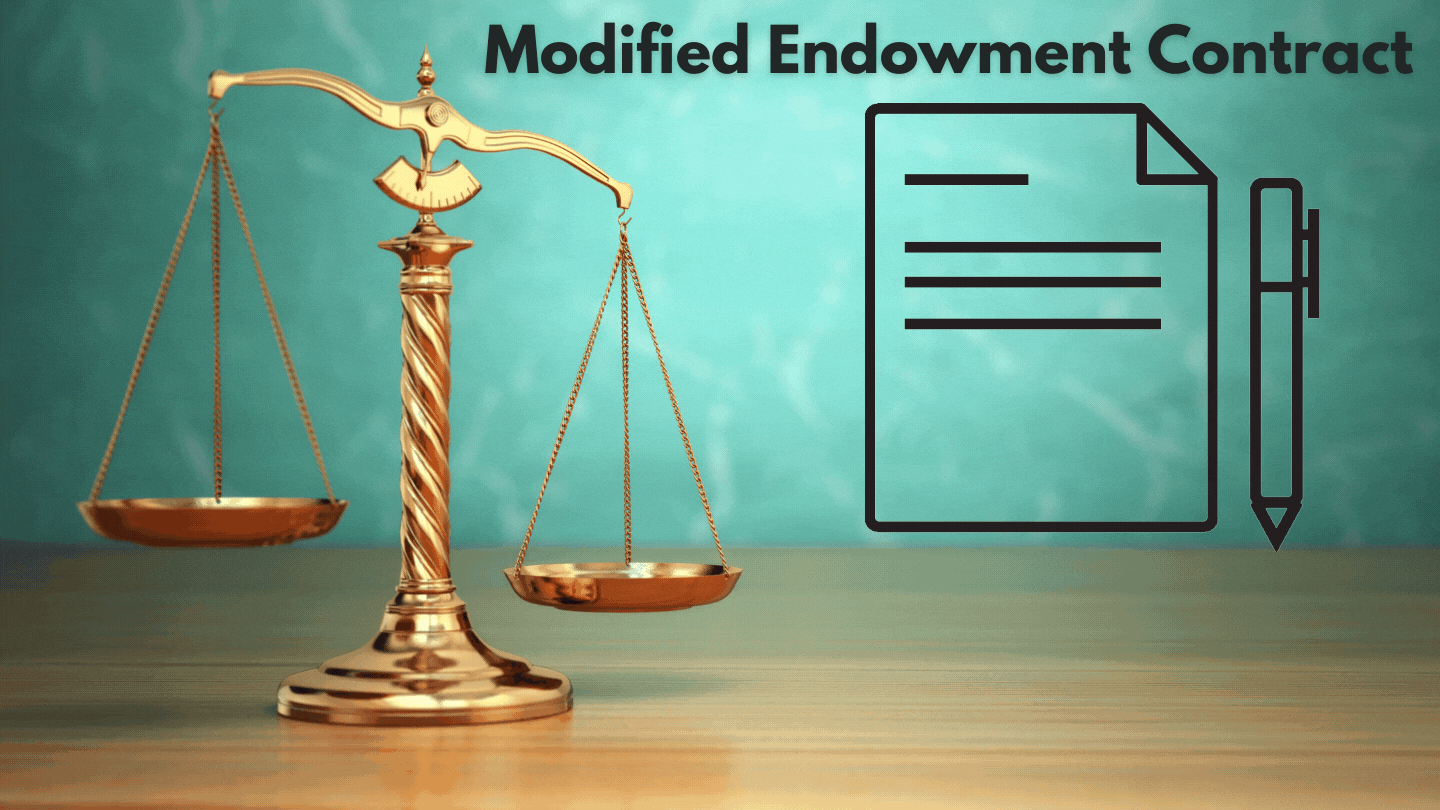Taxes
Knowing Your Limits
In order to know how much we can maximize the cash value and receive tax favorable treatment of whole life insurance, it’s important to understand the IRS and Company limits.
IRS/MEC Limit
Also known as the MEC limit, 7-Pay Premium, or TAMRA test, this limits the amount an individual can fund into the policy each year.
It is called the 7-pay premium because the IRS is really stringent on the first 7 years of the policy, after that the MEC limit will reset based on age, death benefit, and cash value in the policy.
The IRS limit is based on the age, gender, and total death benefit of the policy (which includes any term riders attached). We can set this limit to whatever we want when designing the death benefit of the policy.
It is a cumulative/rollover limit meaning if you had a $50,000 MEC Limit and you paid $10,000 in one year, you can put in $90,000 ($40,000 + $50,000) into the policy the next year.
In addition to the IRS limit, the insurance company limits how much you may put into paid-up additions which goes towards the cash value of the policy. The limit varies company to company. For example some companies have a PUA ratio limit of 10X the base premium.
Modified Endowment Contract (MEC)
If the IRS limit is surpassed, then the policy becomes a modified endowment contract (MEC), and the policy receives tax treatment similar to a retirement account.

The death benefit is still paid income tax-free (if you have a high net worth then you will need to pay estate tax) and the cash value still grows tax-deferred, but when you take out those gains you will need to pay ordinary income tax. And if you’re under 59 1/2, then you have to pay a 10% penalty tax as well.
Also important to note when withdrawing from the cash value in a MEC, the gains are pulled out first. So if you had $110,000 in the policy ($100,000 basis and a $10,000 gain) and you withdrew $10,000, you would need to pay ordinary income tax on that $10,000 gain plus a 10% penalty if you are under 59 1/2.
Other Taxable Events

An individual will need to pay ordinary income tax on gains if they withdraw over the policy’s cash basis or fail to pay premium payments and the loan interest exceeds the dividends earned.
FAQs
Most insurance companies give a 30 day window to reverse the MEC status. The policy owner must send an email to the insurance company stating something along the lines of “Please reverse the MEC status for Policy # _______” it was overfunded by accident. Then the insurance company can refund the difference that is above the limit.
If it’s past the 30 day window, you can cash the policy out, cancel it, and fund a new policy.
Unlike retirement accounts (401k, IRA) you do not have to take withdrawals at a certain age/time, you have total control of your funds.
For properly structured whole-life policies there are no surrender charges, which is another benefit for whole life compared to IULs which typically have surrender charges for the first 10-15 years
